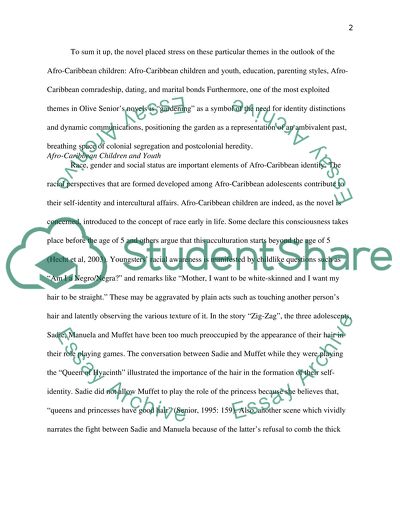Cite this document
(Discerner of Hearts: An Afro-Caribbean Discourse Essay, n.d.)
Discerner of Hearts: An Afro-Caribbean Discourse Essay. https://studentshare.org/literature/1548274-west-indian-literature
Discerner of Hearts: An Afro-Caribbean Discourse Essay. https://studentshare.org/literature/1548274-west-indian-literature
(Discerner of Hearts: An Afro-Caribbean Discourse Essay)
Discerner of Hearts: An Afro-Caribbean Discourse Essay. https://studentshare.org/literature/1548274-west-indian-literature.
Discerner of Hearts: An Afro-Caribbean Discourse Essay. https://studentshare.org/literature/1548274-west-indian-literature.
“Discerner of Hearts: An Afro-Caribbean Discourse Essay”. https://studentshare.org/literature/1548274-west-indian-literature.


